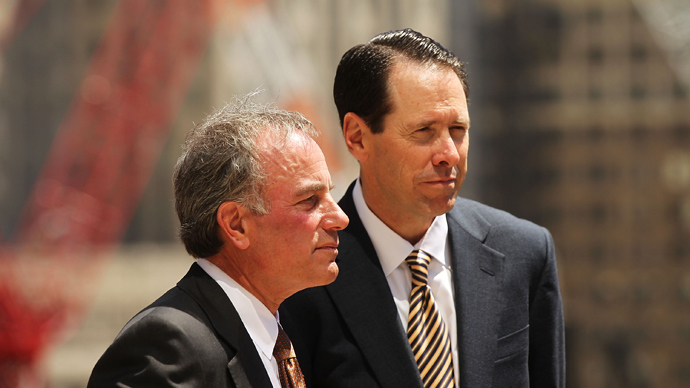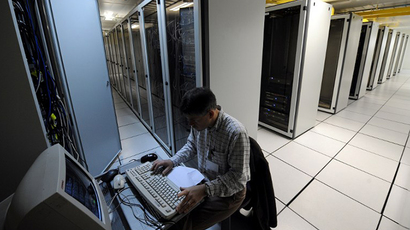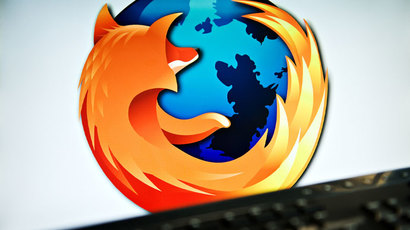Millions in US tax dollars go to Big Data for wiretap capabilities

The US government uses American tax dollars to pay major Internet companies and telecommunications giants like Verizon and AT&T for unprecedented access into millions of phone records and the ability to scour vast online databases.
AT&T charges the government a $325 “activation fee” for each individual wiretap and a daily fee of $10 to maintain it. Verizon, on the other hand, charges government eavesdroppers $775 for the first month of monitoring an individual then $500 in each month that follows, Representative Edward Markey (D-MA) told the Associated Press.
While Big Data executives claim they do not profit from the government requests, civil liberties groups including the American Civil Liberties Union encourage Microsoft, Google and the like to charge because it could, theoretically, discourage lawmakers from buying the warrantless access.
“What we don’t want is surveillance to become a profit center,” Christopher Soghoian, the ACLU’s principal technologist, told the AP. Because financial records create a paper trail “it’s always better to charge one dollar. It creates friction, and it creates transparency.”
Yahoo, Google and Microsoft did not disclose their fees, but the ACLU determined that some email transcripts can cost the federal government $25. Facebook said it grants the government access for free.
The extra scrutiny on the fledgling surveillance business comes as US law enforcement continues its pursuit of former National Security Agency Edward Snowden. Snowden admitted leaking secret documents outlining the NSA’s policy of going before the secret Foreign Intelligence Surveillance Court to request access to phone and Internet records.
The average wiretap is estimated to cost American taxpayers $50,000, although one narcotics case in 2011 cost New York investigators $2.9 million in wiretapping alone.
Companies rarely, if ever, charge in emergency cases - such as police tracking an abducted child - and are not permitted to charge for publicly accessible documentation, according to the AP.
“Government doesn’t have the manpower to wade through irrelevant material any more than providers have the bandwidth to bury them in records,” said Al Gidari, a lawyer who represents telecommunication companies in matters related to privacy and civil liberty. “In reality, there is a pretty good equilibrium and balance, with the exception of phone records.”
Still, some in the government have complained that the fees remain too high. Former New York criminal prosecutor John Prather filed suit against several major telecommunication companies in 2009, claiming the fees they charge the government are exorbitant.
“They were monstrously more than what the telecoms could ever hope to charge for similar services in an open, competitive market, and the costs charged to the governments by telecoms did not represent reasonable prices as defined in the code of federal regulations,” the suit alleged, as quoted by the AP.
While the government has long been granted access to communication methods, surveillance techniques – in recent years – have struggled to adapt with constantly changing technology. The FBI has pressured companies, most notably Google and the Microsoft-owned Skype, to provide so-called backdoor methods that would allow investigators to watch conversations in real time.
“A growing gap exists between the statutory authority of law enforcement to intercept electronic communications pursuant to court order and our practical ability to intercept those communications,” an anonymous FBI source told CNet in 2012. “The FBI believes that if this gap continues to grow there is a very real risk of the government ‘going dark,’ resulting in an increased risk to national security and public safety.”














